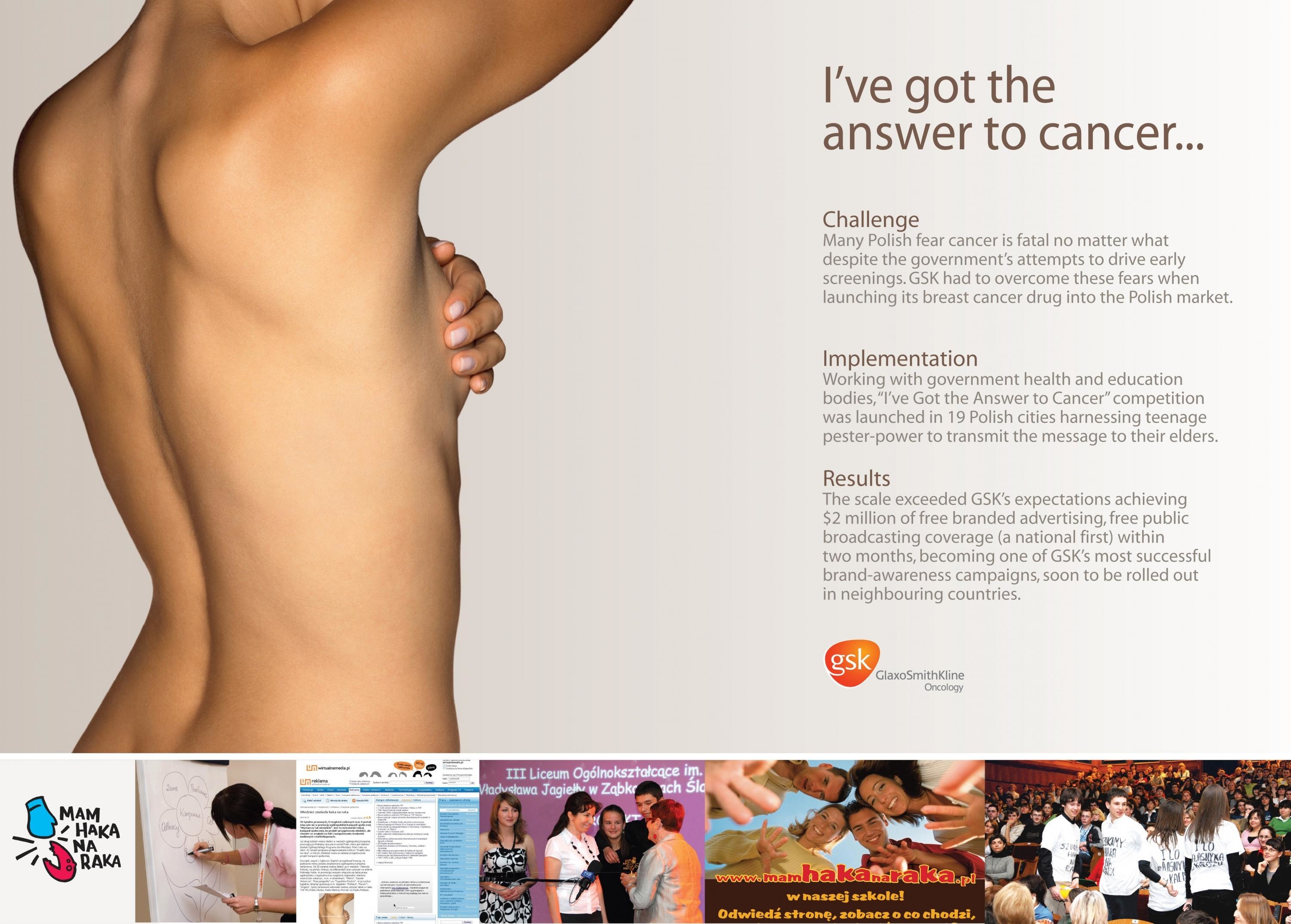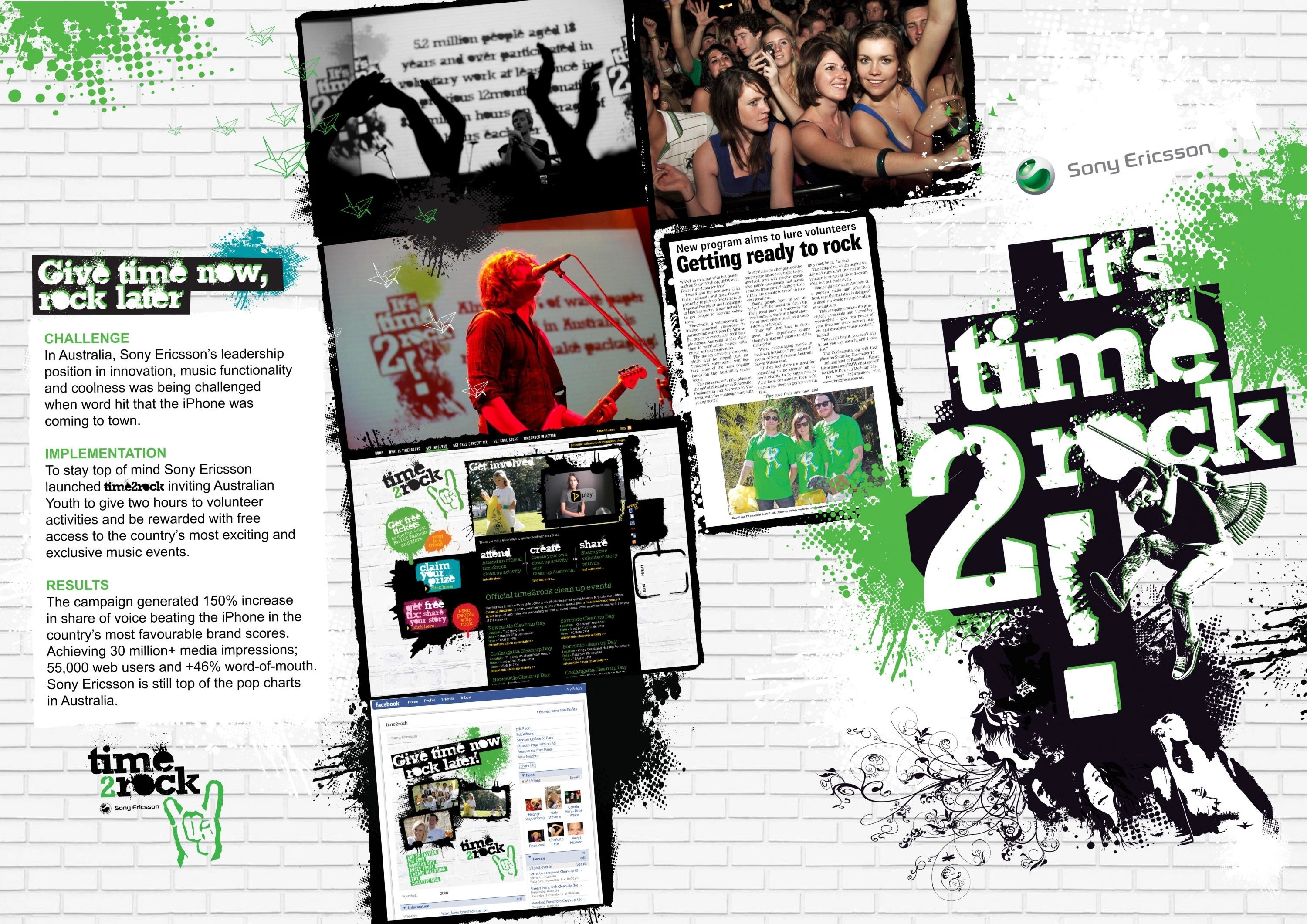Pharma > Communications to Healthcare Professionals
CARING FOR CARERS
HILL+KNOWLTON STRATEGIES, London / OTSUKA / 2016

Overview
Credits
Overview
Audience
The primary target audience was anyone who cares for a person living with schizophrenia or psychosis, in particular family carers. Our secondary audiences included patient advocacy groups and healthcare professionals, as these are audiences who are connected to and have influence with our primary target audience of carers.
BriefExplanation
BriefWithProjectedOutcomes
Projects funded by pharmaceutical companies are subject to strict laws and codes of conduct. The Carer Academy was no exception. Despite the partnership approach with academic and independent collaborators and minimal input from the sponsors, compliance with the rules in key geographies - UK, Australia and Canada - was mandatory.
CampaignDescription
Rather than revisit the traditional communications path of a patient education campaign, we decided to focus on the carer – the cornerstone of daily support for a person living with schizophrenia – by addressing the unmet educational and emotional needs of this over-worked, under-appreciated section of society.
We set up ‘The Carer Academy', an educational initiative for carers of people living with schizophrenia. We would offer them a free skills-based training course, while also addressing their emotional needs to help ease their sense of isolation, worry and stress.
Offering carers the information, skills and support they need to get through a challenging daily task, would empower them to create a stronger, more supportive and nurturing environment for the people they care for. For the brand, it would be an opportunity to reach and engage a new influential audience by offering a service they really need.
Execution
Having conducted research among our target audience, we were then ready to drive awareness and course sign-up in Europe, Australia and Canada. In preparation for the launch date of 12 October 2015 we targeted both health professionals and patient advocacy groups as the groups most likely to disseminate information among our audience.
Targeting health professionals
We presented our research findings at ENCP Amsterdam, Europe’s largest neuroscience congress, addressing psychiatrists, neurologists and psychologists who treat disorders of the brain. Our aim was to engage mental health professionals in a discussion on the importance of the care-giver’s role, show them why the course was needed, and encourage them to recommend it to carers.
Targeting patient groups
We also presented the results at a dedicated EUFAMI patient advocacy Symposium, announcing that registration was open. We then worked with the global network’s 60 prominent patient advocacy groups to inform carers and encourage sign-up.
Outcome
The 2015 course attracted nearly 17,000 participants, exceeding our target of 200 by 8500%. By launch, we’d already received 1,433 comments:
“Really looking forward to this course because I think it will be helpful. My son is suffering with psychosis, auditory hallucinations and hallucinations. He's only 19 years old and I find the whole illness very disturbing and traumatic. Here's hoping knowledge will ease my anxieties” (Carer comment posted before the course).
Participant feedback consistently showed how we touched people’s lives and helped make a tangible difference.
• 94% of course participants actively engaged with the course programme in their home taking advantage of our mobile-friendly format.
• 61% visited the site a few times each week.
• 40% participated in the forums, generating 27,103 comments at the end of the two weeks.
• 97.5% felt the course met or exceeded their expectations, and 1,290 have registered for the 2016 course
Relevancy
Caring for Carers created an emotional connection between a pharmaceutical company and multiple audiences (healthcare providers, mental health advocates, people living with the illness and their loved ones) through a public relations campaign that truly impacted their lives.
The ‘PR’ elements of the campaign included a survey of carers, which we brought to the attention of our audiences through several public relations tactics such as events and media relations; an online course, which we wrote based on the survey data and then launched at a mental health symposium and to relevant media; and a social media community.
Strategy
We worked with King’s College London, the EUFAMI network (European Federation of Associations of Families of People with Mental Illness) and Open University’s Mass Open Online Course (MOOC) platform, FutureLearn, to develop and deliver the world’s first free online course for family carers.
To inform the curriculum, we conducted a survey of 1,000 carers in 25 countries, to identify their most significant emotional burden and the questions most often asked. We found that 1 in 3 carers feel they are close to ‘breaking point’ while 93% would like more support. Many simply needed basic information.
We then co-developed ‘Caring for People with Psychosis and Schizophrenia’, a 2-week accredited training course for carers with no previous knowledge. Consisting of multi-media content, interactive games and forums for group discussion, this flexible, non-linear course allows learners to work at their own pace and pick what they want to learn next.
Synopsis
More than 26 million people worldwide live with schizophrenia. Many have dedicated, but non-professional carers who are family members. For these people – and their carers – quality of life can be a real issue.
Otsuka Lundbeck, developers of a new once-a-month schizophrenia drug, Abilify Maintena, gave us a brief for a Public Affairs programme to educate and demonstrate how their solution makes a difference.
Our key insight was that, in this field of mental health, where the challenges of daily living and social interaction can be immense, the support of the carer is critical. Yet very little information is available to help.
Informal carers receive little professional support, training or resources of any kind. They’re expected to learn on the job, often working under extreme pressure and dealing single-handedly with challenges they’re not qualified to deal with. This need for information, support and training inspired our creative route…
More Entries from Pharma, Vaccines & Biotech - Unbranded Communicatoin in Pharma
24 items
More Entries from HILL+KNOWLTON STRATEGIES
24 items









